Ministry Multiplication in the Marketplace
In early 2005, Phil and Christa were serving as church planting missionaries in a Central Asian country. When the government required that all expats living there depart, Phil and Christa prayerfully considered their next move. Should they return to the States? Should they find an assignment in a more friendly location?
Eventually, they decided to move with with their two small children to another Central Asian nation, one that is predominantly Muslim.
As they established their family and began to learn a new language, they discerned a powerful shift in their missionary strategy that positioned them for powerful change. In their first country, they had been doing decentralized, movement-based discipleship with a ‘go-to-them’ oriented practice.
But now, instead of just looking at non-profit development that would justify and sustain their presence in their current country, allowing them to “maybe meet some people,” as Phil says, “they began to see business as the transformational space where change happens.” Multiplication of ministry through the marketplace was about to take hold.
Marketplace and incarnational ministry
They discovered that an effective way to build relationships and share the love and truth of Jesus was to participate in the marketplace. In their city, people spent most of their waking hours at work. Therefore, the most natural setting in which to interact with their new friends and neighbors would be through establishing a for-profit business.
Phil and Christa kept their eyes open for any opportunity the Lord would bring to them, and it shortly came: a friend involved in a surface finishing business approached Phil asking if he would be able to order a particular product from the US, as it was increasingly difficult for him to find, ship, and afford this product.
After some research, Phil learned that he indeed could procure the product. An even greater revelation emerged as Phil and his partners learned they’d have the opportunity to work with one particular people group in their city who are esteemed for the excellence of their product.
Phil began to work closely with many from this group involved in the industry: technicians, marketers, sales people, researchers. He established a business model, received some investment capital, and launched.
After a few years and much learning, he closed the initial business but relaunched with a new business model. The new company, positioned to leverage greater technical expertise, an increased sales and marketing program, and the ability to reach larger accounts, has been successful.
Correcting the ‘sacred vs. secular’ mistake
Phil says, “We mistakenly believe in an artificial division between sacred and secular, segmenting ‘religious’ activity’ from our lives in the marketplace. What’s actually artificial, though, is pulling people out of their daily experience into a gathering that meets once a week. We have found much more effective ministry happens ‘as we go,’ working alongside people, seeing their lives change, being honest and generous and good.”
Was Phil an expert in surface finishing? Not when he started. But he and others willingly learned the science and economics of their field and have flourished as a successful company, bringing transformation into and through the marketplace.
Incarnational impact through industry excellence and teamwork
Phil’s company is seen as a trustworthy and professional source of industry knowledge and solutions. This excellence allows the company to project kingdom values and our King’s message into the community by example and with verbal explanations.
“One of the things we’ve done well is work in that space of partnering inside and outside the business for greater synergy,” Phil says.
Since 2020, the company has experienced over 30 percent profit margin, engaged in multiple social celebrations with employees and their families, researched hazardous waste treatment systems, and, in cooperation with their wider missional community, started several Bible study groups.
These financial, social, environmental and spiritual outcomes are good examples of how business as mission is an effective incarnational strategy in locations where Jesus’ name is little known.
Steadily shining the Light of God in the Gospel of Jesus
Perhaps the incarnational, integrated strategy of Phil, his family, and their business partners explains why they’ve been able to stay where they are planted for nearly fifteen years. Building trust in a cross-cultural context takes time. Language learning alone is often considered a seven-year commitment.
While around fifty percent of missionaries leave the field before ten years of service, it’s encouraging to hear of those who are able to faithfully remain. It has not been easy to establish the business. Solid partnership with funders who believe in providing patient, long term capital so that the kingdom of heaven can be advanced in dark places has also been a critical factor in establishing a foothold for this enterprise.
May God continue to raise up people who don’t lose heart, who are dedicated to building businesses that set forth the truth plainly, who preach Jesus Christ as Lord, and who share the “light of the knowledge of the God’s glory displayed in the face of Christ” (from 2 Corinthians 4:1-6).
For more stories of courageous followers of Jesus, consider purchasing your own copy of The Steward Investor.
